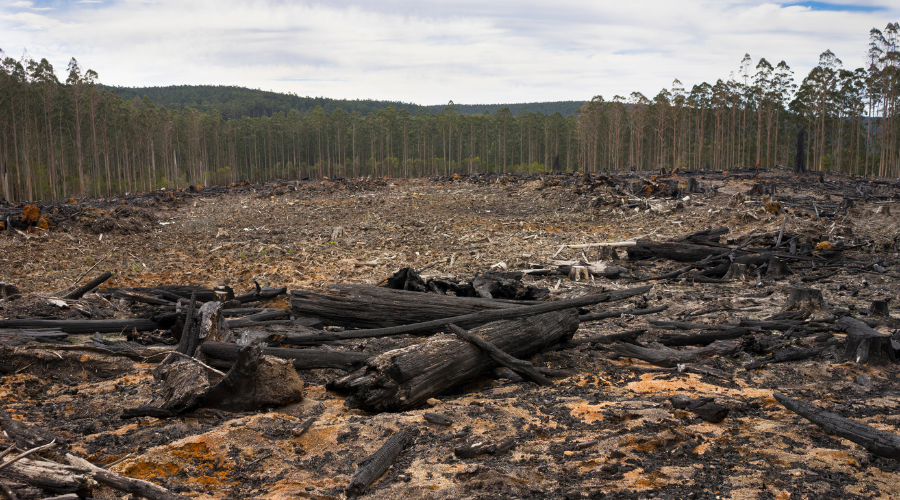News - 16 February 2023
The pulping of Victoria’s native forests must cease with the end of Opal’s white paper operation
Japanese manufacturing giant Nippon / Opal says the closure comes out of the blue, but after decades of forest mismanagement, overlogging and bushfires, it's clear the wood supply has been running out for years.
As Nippon shifts focus to making packaging, it must stop sourcing wood pulp from native forests altogether.
Threatened species like the critically endangered Leadbeater’s possum and endangered greater glider can’t wait until 2030 for their forests to stop being pulped.
Nippon has closed its white paper operation run by its Australian arm Opal at the Maryvale Mill in Victoria’s LaTrobe Valley. The move could see up to 200 job losses.
The company says this change is unplanned, but the writing has been on the wall for years. After decades of forest mismanagement, overlogging and bushfires, the wood has been running out.

“Thanks to our supporters, the Wilderness Society ran a very successful ethical paper campaign,” says the Wilderness Society’s National Campaigns Director, Amelia Young. “This saw thousands of businesses move away from using copy paper made from critically endangered mountain ash forests.”
In November 2022 VicForests, the mill’s supplier of timber, was found to be failing to protect yellow-bellied and endangered greater gliders after legal challenges brought by Kinglake Friends of Forest and Environment East Gippsland. VicForests had to cease harvesting logs, bringing production of paper at the Maryvale Mill to a standstill.
Governments and Nippon/Opal have repeatedly refused to plan for a healthy transition that would support paper manufacturing workers and their families. As Nippon shifts focus to making packaging, it must stop sourcing wood pulp from native forests altogether. It can't keep pulping native forests for cardboard boxes.
Victoria's forests are internationally significant, home to rare and threatened species such as the iconic Leadbeater’s possum and greater glider. They provide clean air and water to Victorian communities, form an important carbon sink and are vital to First Nations who have long connection and continuing Custodianship of the lands and waters.
“The Victorian State Government announced it will end native forest logging, but not until 2030,” says Amelia Young. “This exit date can and must be brought forward so that a well-planned transition for the industry out of native forests and into plantations and recycled fibre can take place to support workers and their families through inevitable change.”